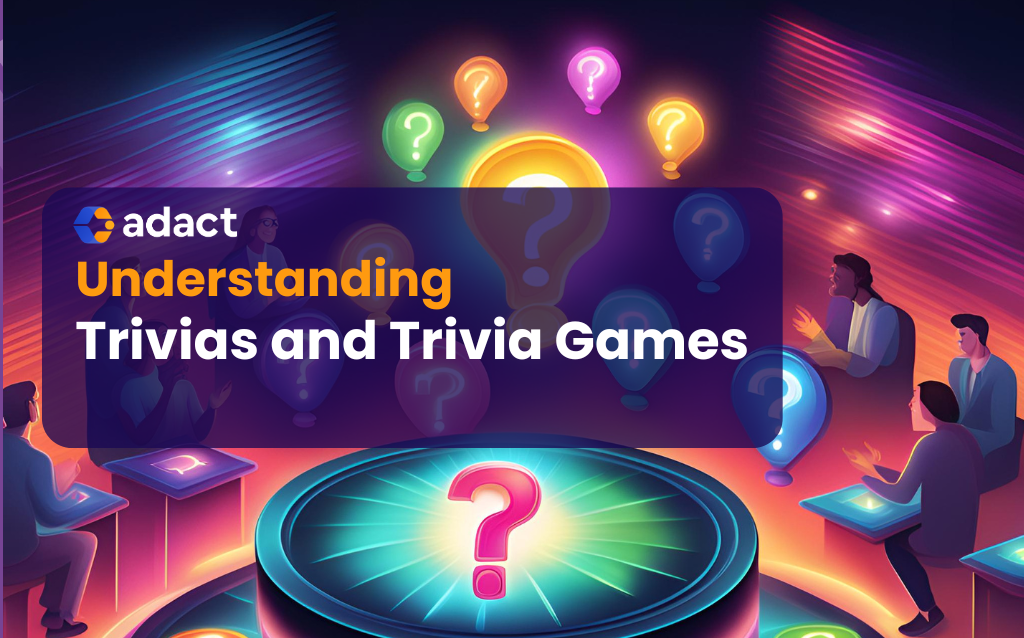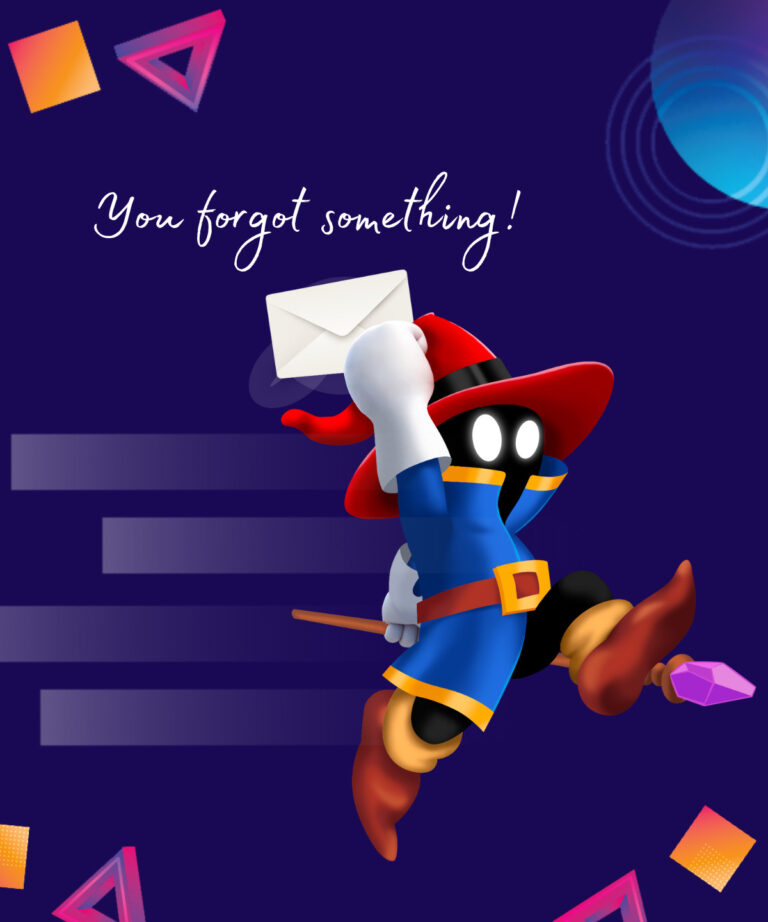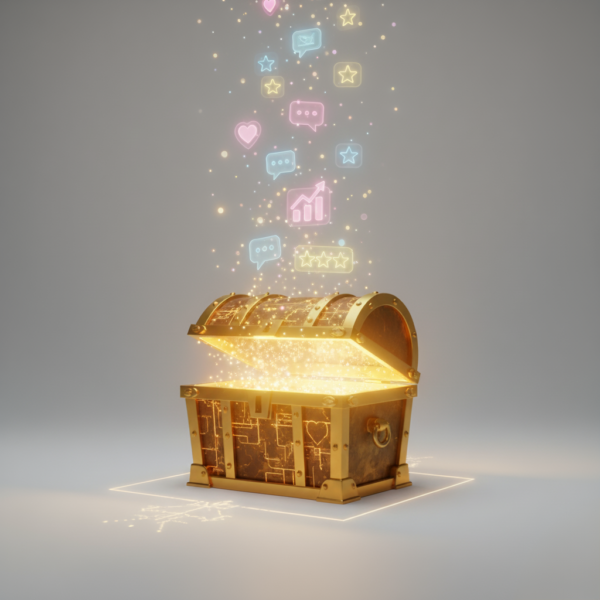Have you ever found yourself captivated by a piece of obscure information or enjoyed a friendly competition to see who knows more about a certain topic? Welcome to the fascinating world of trivia and trivia games! This realm is filled with a multitude of fun facts that, while they may be perceived as inconsequential, have a unique way of capturing our curiosity and enlivening social gatherings. Trivia not only entertains but also educates, providing a unique blend of fun and learning.
What Is Trivia?
Trivia refers to interesting but unimportant facts or details about various subjects. The term originates from the Latin word trivium, meaning “place where three roads meet.” Historically, it has evolved to denote pieces of information that are considered unimportant but intriguing to enthusiasts. For example, knowing that honey never spoils or that octopuses have three hearts can ignite wonder and curiosity in any conversation. These tidbits often make their way into trivia games, allowing players to showcase their knowledge on a variety of topics ranging from history and science to pop culture and sports. For a deeper dive into the meaning of trivia, check out Britannica’s definition of trivia.
The Significance of Trivia
While trivia may seem trivial, it holds significant value in social and educational contexts:
- Educational Value: Trivia exposes individuals to a wide range of topics, enhancing general knowledge and learning. It encourages participants to delve deeper into subjects they might not have previously considered, thereby broadening their horizons. Furthermore, trivia can serve as an excellent revision tool for students, helping to reinforce what they have learned in a fun and engaging way.
- Social Engagement: Participating in trivia games fosters camaraderie and healthy competition among friends, family, or colleagues. These games provide an excellent opportunity for social interaction and teamwork, promoting a sense of unity and collaboration. According to a study on cognitive engagement through game play, trivia games improve social behaviors and friendships.
- Mental Stimulation: Answering trivia questions challenges the brain, improving memory and cognitive skills. Studies have shown that engaging in trivia can help enhance cognitive function by encouraging recall and quick thinking, which are crucial skills for problem-solving and memory retention.
Imagine a group of friends gathering for a trivia night at a local cafe. Laughter fills the air as they debate the answers, learning new facts and strengthening their bonds. This type of setting not only makes for an entertaining evening but also cultivates an environment of joyful learning and social strengthening.
How Do Trivia Games Work?
Trivia games test participants’ knowledge across various subjects. They can be played in multiple formats, each offering a unique twist on general knowledge testing:
- Quizzes: Structured sets of questions, often themed, where individuals or teams answer to score points. These quizzes can range from multiple choice to open-ended questions and can be tailored to focus on particular topics like science, pop culture, or history.
- Board Games: Games like Trivial Pursuit involve players moving pieces around a board based on correctly answered questions. Such board games not just focus on testing players’ knowledge but also bring a strategic element into play as participants must decide which questions to pursue to win the game.
- Online Challenges: Digital platforms offer interactive trivia games accessible to anyone with an internet connection. These platforms enable global participation and can feature live trivia events, where players compete against thousands of others in real-time.
Example of a Trivia Game
In a classic trivia game, a question is posed: “What is the largest planet in our solar system?” Participants ponder before someone excitedly answers, “Jupiter!” Correct answers earn points, and the game continues through various categories, each more challenging than the last. This kind of interactive play not only boosts a player’s general knowledge but also encourages learning through curiosity and competition. For more examples and engaging trivia categories, check out our good jeopardy questions.
The Purpose of Trivia
Trivia serves multiple purposes beyond just entertainment:
- Learning Tool: It helps in acquiring new information in an enjoyable way. Trivia games transform traditional learning into a dynamic process that not only captures the audience’s attention but also facilitates retention of information through active participation.
- Team Building: In corporate settings, trivia games can enhance teamwork and communication. Companies utilize trivia games during team-building exercises to strengthen employee collaboration, communication skills, and boost morale.
- Marketing Engagement: Businesses use trivia games to engage customers, increase brand awareness, and collect valuable insights. Through the integration of trivia games in marketing strategies, companies can gather data on consumer preferences while presenting their brand as interactive and consumer-friendly.
Trivia in Marketing
Companies are leveraging trivia games to boost customer engagement. For instance, creating a free custom trivia game can attract users to your website, keep them engaged longer, and enhance brand interaction. By crafting engaging and relevant trivia content, businesses can encourage repeat visits and brand loyalty. Learn how to efficiently create your own trivia game with Adact’s custom trivia tools.
Creating Your Own Trivia Game
Interested in crafting a trivia game tailored to your interests or brand? Platforms like Adact offer tools to create custom trivia games without any coding skills. Whether for a marketing campaign, educational purposes, or just for fun, you can design games that captivate your audience. You also have the option to integrate your trivia games with other engaging gaming formats, such as creating a custom Wordle game.
Frequently Asked Questions
What Is the Meaning of Trivia?
Trivia refers to details, considerations, or pieces of information of little importance or value. However, these tidbits can be fascinating and are often shared in social settings or games, sparking discussions and friendly debates. Dive deeper into the nuances of trivia with Vocabulary.com’s insights.
How Does a Trivia Game Work?
Players answer questions on various topics. Correct answers earn points, and the player or team with the most points at the end wins. Trivia games can be customized to focus on specific themes or subjects, providing an adaptable and engaging game format for various audiences.
What Do You Do in Trivia?
In trivia, you answer questions that test your knowledge. It’s a fun way to challenge yourself, learn new facts, and engage with others. The beauty of trivia lies in its ability to bring people together, fostering a shared learning experience through playful competition.
How Can I Create My Own Trivia Game?
You can use platforms like Adact to create a custom trivia game easily. Choose your questions, set up the game format, and share it with your audience. Check out how to create a free custom trivia game and captivate your audience with creative questioning here.
Enhance Engagement with Custom Trivia Games
Trivia games aren’t just for fun—they’re a powerful tool for businesses to boost engagement and gather insights. Adact provides a no-code platform with over 30+ game templates, helping you shift from passive content to active user participation. These ready-to-use templates can be adapted to suit different branding strategies, effectively increasing user interaction and satisfaction.
Ready to see the impact of trivia on your marketing efforts? Start creating your custom trivia game today and experience higher conversion rates, longer site visits, and enhanced brand awareness. The interactive nature of trivia maintains user interest and provides a rich ground for collecting consumer data and feedback, a key aspect in today’s digital marketing arena.
References:
Related Articles:
- Learn how to create your own trivia game with Adact.
- Discover fun ways to engage customers with a custom Wordle game.
- Explore how to make your own puzzle game to boost engagement.




